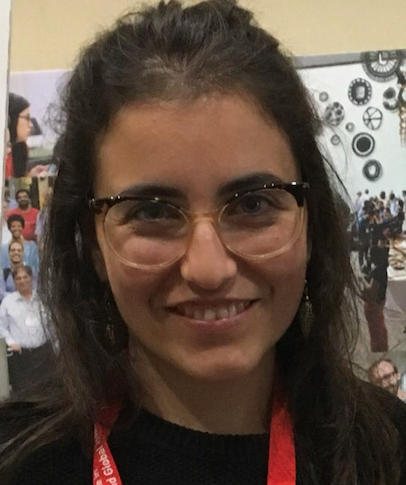Preparing for online teaching in Medicine during the COVID-19 pandemic – March 2020


Msimelolo Mgidlana

Rob Gill

Bianca Sossen
Our MBChB undergraduate Medicine teaching program for 4th and 6th year students has traditionally consisted of face-to-face consultant-led, seminar-based teaching augmented by small-group bedside teaching, with students gaining clinical experience when they join Medical firms as the junior members of the team for the duration of their Medicine rotation.
On 15 March 2020, UCT announced the suspension of classes with immediate effect in response to mounting evidence that South Africa would soon be confronted by a local epidemic. Towards the end of April, the university will commence on-line learning for all students while they are physically away from the university. In preparation for this the Department has spent the last few weeks in intense preparation overhauling and enriching our existing on-line teaching content to develop a robust E-Learning platform. This aligns with our long-term objective to provide a substantial amount of the theoretical content for students on-line while focussing our in-person teaching around clinical experience and bedside teaching in the wards.
All of the 45 seminars of the eight-week MBChB 4 Module 1 block that are usually given face-to-face are now on-line in the form of a consultant-narrated Microsoft PowerPoint presentation, each complemented by a MCQ test, with explanations for each incorrect answer, that the students will undertake after listening to the presentation. This content will be available for 4th and 6th year students with separate MCQ tests created for the different years. The latter group are expected to know more about investigation and management. MCQ tests will be used to assess content acquisition, student learning needs and in the future can form part of duly performed (DP) requirements of the course.
These digital seminars can be accessed remotely by all students via the UCT Vula website, which has now been declared ‘zero-rated’ in terms of data costs by all the major cell phone companies, which is vital considering the substantial costs involved with accessing multimedia content. The student-friendly Vula platform is an immersive online-learning experience, that has allowed the content creators to integrate other lecture content, newly recorded consultant-student podcast-style interviews covering a variety of clinical topics, up-to-date clinical guidelines and links to multimedia content (existing webinars, Osmosis videos, Elsevier ClinicalKey clinical case studies and the Desmond Tutu Foundation HIV-TB postgraduate diploma content, amongst others).
For the two-week Module 2 Ambulatory Care component of the MBChB 4 course, 25 ‘Approach To’ presentations have been created. These case studies cover topics such as non-urgent chest pain, diabetes mellitus and loss of weight, and aim to simulate an outpatient clinical visit, with students being encouraged to develop differential diagnoses for symptom complexes, create mindmaps, answer self-study questions and work through clinical case scenarios. The students are given instructions as to where they can access the content needed to master these core topics. This content will also be available to 6th year students in order to revise their Medicine learning from 4th year.
Our teaching on the Ambucare platform that runs from Medical Outpatients when students are at the university is based largely on the Practical Approach to Care Kit (PACK), produced by the Knowledge Translation Unit (KTU) of the UCT Lung Institute, an electronic version of which has been released for the first time in 2020. This will allow students to access the content remotely during this online learning period. UCT medical students have played a part in providing feedback to the KTU in assessing the Covid-19 teaching module, and the collaboration between the KTU and the Department of Medicine teaching platform has been enhanced during this period.
The Evidence-based Medicine (EBM), Primary Health Care and Palliative Care components of Module 2 have undergone a facelift so that the students can access all of the course content remotely now.
The E-learning platform has been structured in such a way that it will be easy for students to navigate, and students will be guided along their learning journey by the clinical teachers when the online learning period starts. Discussions of learning objectives, expectations, and timelines will occur between clinical teachers and students using the “Chat Room” on the Vula website.
All of the above could not have been achieved in such a short space of time without a strong team of content creators. We acknowledge the team of members of the Department who have driven this process: Rob Gill, Msimelelo Mgidlana, Sakeena Ebrahim, Sadia Patel, Fiona Drummond, Marcia Vermeulen, and Bianca Sossen. We also acknowledge Greg Doyle (Department of Health Sciences Education) who has provided all the technical support in so many ways and colleagues across all the Divisions who have prepared slides, voice-overs and MCQs. We also acknowledge external platforms (mentioned in this article) who have generously shared their content for the benefit of our students.
On a positive note, we feel that this moment of crisis has provided us with the opportunity to enhance our educational platform for students and that this E-learning platform will be utilised (with necessary updates) for many years beyond this current pandemic.